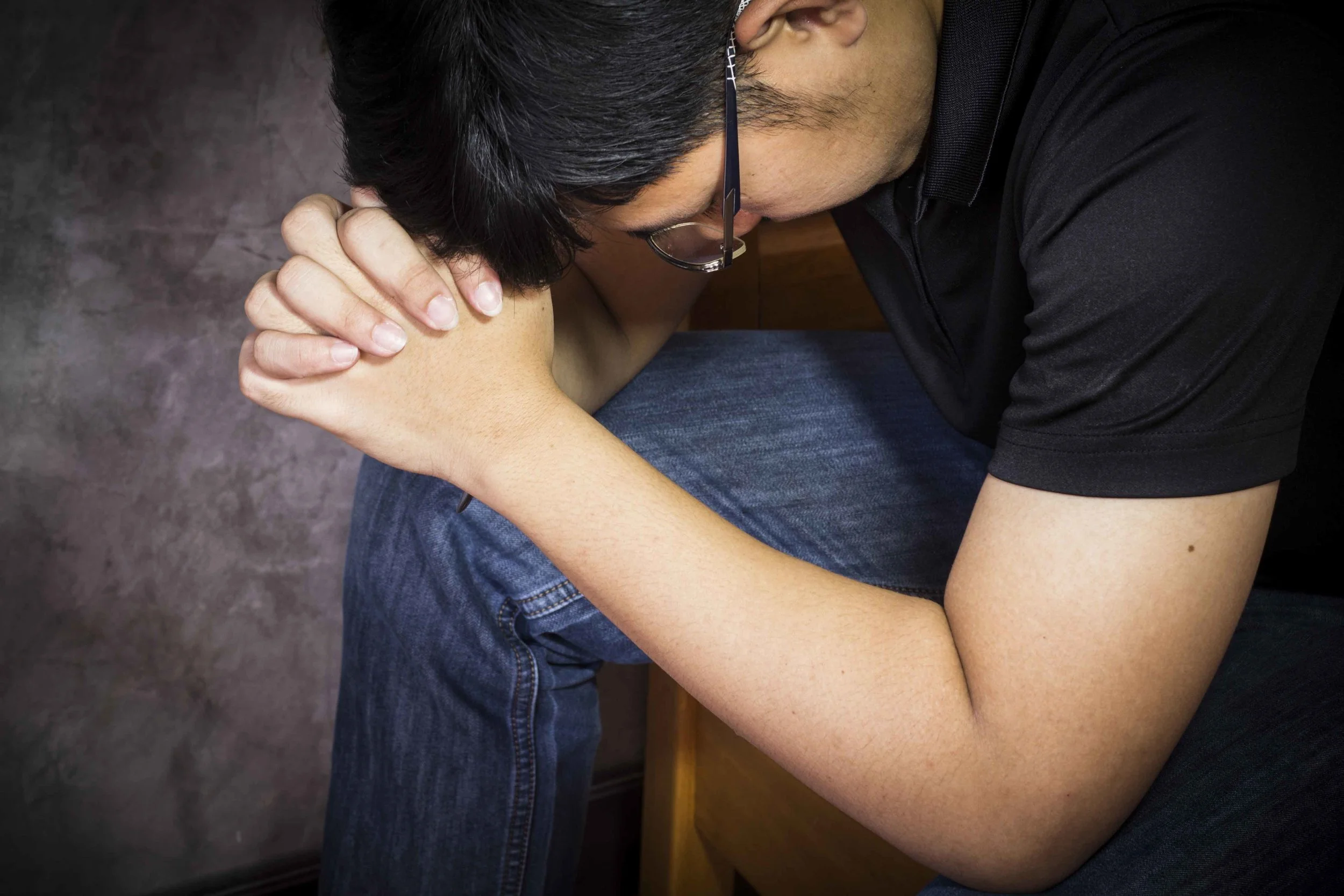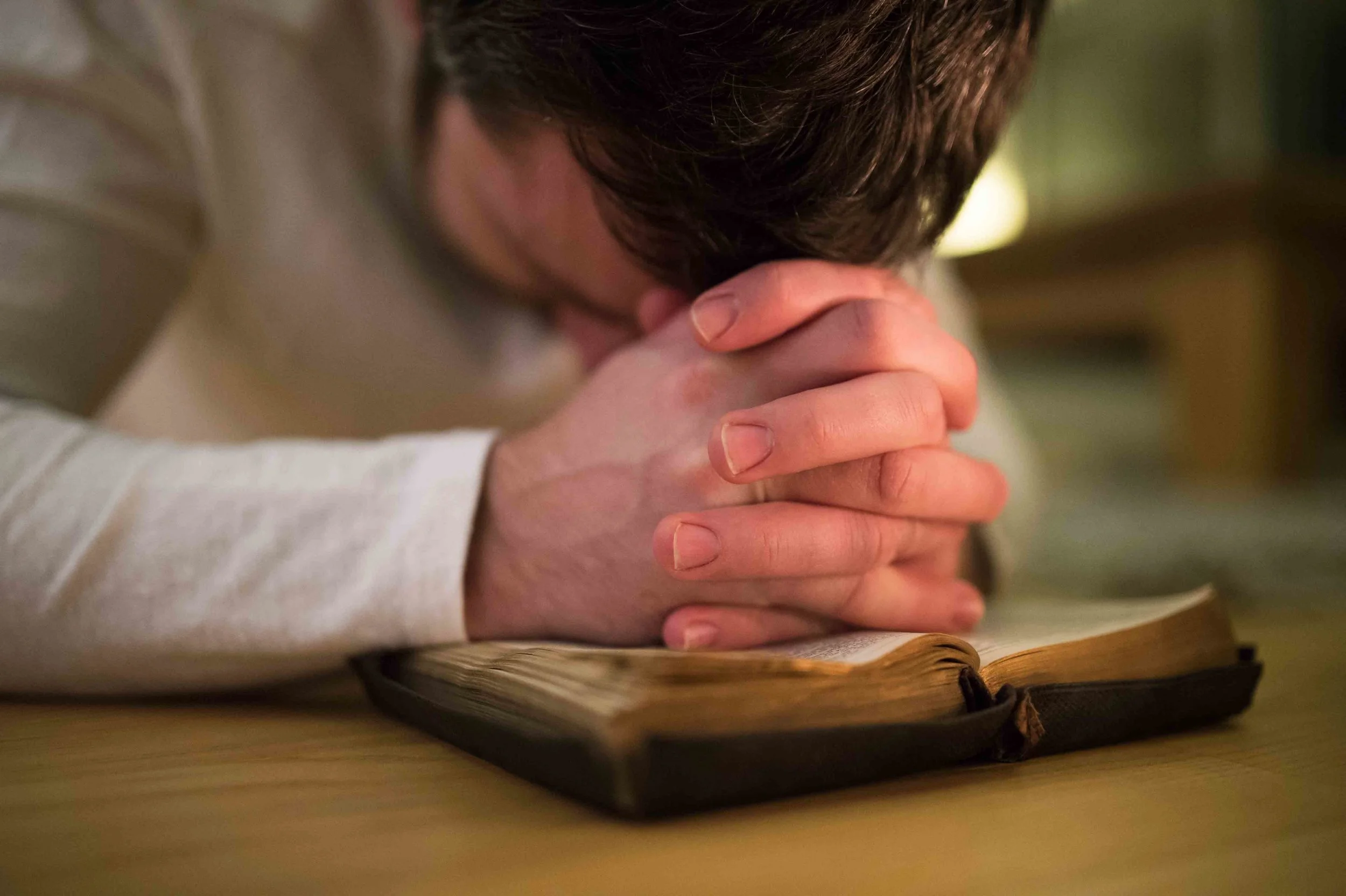The Power of the Mother Wound
/Dan has been the Executive Director of Reconciliation Ministries since 2003, and is a Licensed Professional Counselor in the State of Michigan. He grew up with a paranoid schizophrenic mother, and has written articles about the mother wound in the past. Although this article talks about the mother wound, it is equally applicable for the father wound. For more information, you can read Overcoming the Mother Wound and When My Mother and Father Forsake Me in the archives section of the Reconciliation Ministries website at http://www.recmin.org/newsletter-archives/.
“Can a mother forget the baby at her breast and have no compassion on the child she has borne? Though she may forget, I will not forget you!”
God in Isaiah 49:15 NIV
I remember hearing a song based on Isaiah 49 many years ago. I could feel some anger rising up in my heart as I heard the first sentence, “Can a woman forget her child, and have not compassion on the son of her womb?” I found myself thinking, “Of course a mother can have no compassion on her baby! My mother was able to have no compassion on me when she abused me!” I was actually relieved to hear the next sentence. God, Himself, was acknowledging that sometimes earthly mothers really do forget their kids, or treat them harshly. It brought peace to my heart as I heard Him promise that He will not forget us, and that He will have compassion on us. Verse 16 goes on to say, “See, I have engraved you on the palms of my hands.” It’s hard to forget someone that you have permanently engraved on the palms of your hands.
That moment actually came a few years into my healing journey. I couldn’t have experienced God’s heart in those verses in my early days. Of course, I had “head knowledge” that God loves us and is always there for us no matter what our earthly parents were like, but it didn’t translate into every day, experiential “heart knowledge”. I couldn’t live in the reality that God was safe and that He loved me deeply. I didn’t really want to let Him get close to the fortified, self-protective areas of my heart. Mother wounds can cause us to lock up parts of our hearts deep. So deep we think that even God can’t get to them. We even try to stay far away from those parts of our own hearts. Mother wounds are powerful!
We can see just how powerful the mother wound can be in the account of a vengeful mother named Herodias, her daughter, and the daughter’s step-father, Herod. By the way, Herodias was first married to Herod’s brother, Philip. Herod and Herodias were living in adultery. You get the picture – it’s a pretty messed up, blended family. You can read the account in Mark, Chapter Six. John the Baptist rebuked Herod for marrying his sister-in-law. She got angry and wanted to kill John, but Herod had an interesting relationship with John. He felt bad when John rebuked him for living in sin, but he realized that John was a holy man and protected him. It says that he liked listening to John. Interesting… Herod didn’t like being called out for his sin, but couldn’t shake his interest in hearing what John had to say. Seems he was torn between embracing the truth and holding onto his sin.
Herodias remained bitter and finally seized her opportunity to “get even” with John. Herod threw himself a big birthday party and invited a bunch of government big shots. His step-daughter did a beautiful dance. So beautiful, that Herod offered to give her anything she requested, up to half his kingdom. This is where we see the unbelievable power of the mother wound come into effect. I don’t know about you, but if someone were to offer me half his kingdom, I think I’d be going after the expensive stuff. Instead, the girl went to her mother and asked Mom what she should ask for. The mother – who could have made sure her daughter was set for life – tells her to ask for the head of John the Baptist. The girl follows Mom’s instructions. Really?!! She could have had riches beyond belief, and the girl chose to get some guy’s head on a platter? That’s the power of the mother wound. The void is so deep, that it can motivate us to do things that defy logic and common sense to try to get a place in our mother’s heart. Mother wounds hurt and we’re desperate to make the pain go away.
Andrew Comiskey, author of Living Waters: Pursuing Sexual and Relational Wholeness in Christ, likens the mother wound to having a heart like a strainer, no matter how much love is poured in, there’s no capacity to retain in. No level of compromise will ever fulfill the deep pit in our hearts. I can’t imagine what the girl must have been thinking a few days down the road after her vengeful mother’s delight wore off. Was she full of regret as she was thinking about all the riches she sacrificed for a few moments of grasping for her mother’s approval? Compromise doesn’t fill the void. Compromise deepens the void. Always. Yes, always.
I doubt that any of us will ever be stuck in the position of choosing between compromising in a vain attempt to gain our broken parent’s approval and gaining half a kingdom. Sometimes compromise with a parent brings worldly riches our way. Sometimes compromise merely brings us temporary approval. In the end, we find the riches are hollow and our parent’s haven’t really changed. A broken parent’s attention can be pretty fleeting. It is never worth compromising our Biblical convictions to gain our broken parent’s approval. We are living for eternity. Only deepening our relationship with our eternal Father can fill up any voids in our hearts.
Mother wounds have other consequences. Shame is a big one. Codependency is another. They seem to feed off of each other – compromise, codependency, and shame. Sometimes the condemnation is so great that it keeps us from embracing our Heavenly Father’s precious promises in Isaiah 49 and Psalm 27:10, “Though my father and mother forsake me, the Lord will receive me.” We might even tell others that the Lord loves them and will embrace them, but deep in our hearts we fully expect Him to reject us. After all… Mom did…
Don’t let anything keep you from your Heavenly Father. The truth is that Jesus Christ allowed wicked, evil men to torture and murder Him to pay for our sins. He sacrificed His life for sin stained, messy people like us; so that through His resurrection, we can experience redemption and transformation. We can see Jesus’ heart towards pretty nasty people in Luke, Chapter Seven. Here Jesus was having dinner at Simon the Pharisee’s house. Today, many of us might figure that Bible school students or pastors must be pretty holy and special since they’re Bible school students or pastors. In our hearts it’s easy to feel like Jesus would rather hang out with them than us since we’ve done some pretty awful things. In the middle of dinner at the Pharisee’s house, a sinful woman with a bad reputation came in and started anointing Jesus’ feet with some expensive perfume. Something about Jesus broke her. She wept and wiped his feet with her hair. Jesus loved her, honored her, and accepted her. This bothered the religious guy who made some wisecrack about Jesus’ supposed inability to recognize what a scuzzy woman she was. Jesus heard the comment and corrected the religious guy. Then He turned to the woman, acknowledged her love in a holy way, and told her that her sins were forgiven. He even acknowledged that she had sinned much, but that she was forgiven anyway. No matter how much we have sinned – the amount of our sin is really irrelevant because we’re all pretty disgusting in our fallen state – Jesus will always receive us as we turn to Him for help. By the way, Jesus also received the religious guy and seemed to acknowledge that his sins weren’t as bad as hers on a human scale. This just reemphasizes that horrific sin doesn’t disqualify a repentant person from receiving God’s love. Jesus said whoever is forgiven much will love much.
As we turn to the Lord and receive His forgiveness, He gives us the ability to love. As we love Him, He transforms the deep recesses of our hearts and becomes the mother – and father – we have always longed for. He truly does take us up when our mother and father have forsaken us.
Photos courtesy of Jordan Whitt and Ben White via www.unsplash.com.
© 2018 Reconciliation Ministries of Michigan, Inc. This article may be reproduced and distributed as long as no fee is charged and credit is given.
























![Logo-DSM-LW-4C-e1392917867466[1].png](https://images.squarespace-cdn.com/content/v1/56cb43860442628a65205b5d/1505925377234-00XFGXS4HMY5OTTAF79B/Logo-DSM-LW-4C-e1392917867466%5B1%5D.png)









